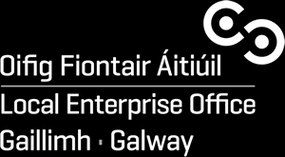|
Hello! It's been a while since I've sat down to write a Weekly Minute. I feel like a naughty kid who hasn't got their homework done, desperately scrambling for a good excuse to give the teacher (you). I have to stop myself and remember that I'm not 10 years old and no-one is going to call my Mammy and tell her I've been bold! Self-forgiveness and self-compassion are recurring themes in the Counselling office these days. So many of us are hard on ourselves on a regular basis, demanding constant busyness and impossibly high standards, all the while encouraging our friends & family to relax and go easy. I've noticed that I and others are still expecting 100% from ourselves despite the ongoing challenges of the Lockdowns, and we could all do with cutting ourselves a break. This week, watch out for times when the words 'Should' or 'Must' come to the mind. If you're holding your happiness hostage to a list of what you 'Should' or 'Must' be doing, see if you can question whether that thing really absolutely needs to be done today, and if you can, let yourself off the hook. We are all under enough pressure at the moment, no need for us to pile more on. Allow yourself the option to rest and restore, life will feel easier if we do. "... If you feel "burnout" setting in, if you feel demoralized and exhausted, it is best, for the sake of everyone, to withdraw and restore yourself." - Dalai Lama
0 Comments
I heard someone say once that if we were to write anxiety like an equation it would be "an overestimation of the problem, over an underestimation of our strength to deal with the problem". Something I often ask clients to do is to take an inventory of the strengths and resources they have, things such as perseverance (aka stubbornness), friendships, compassion, creativity, a meditation practice, work ethic, communication skills, a loving and loyal pet, you get the idea. These are the things that we can call on to help us through difficulty, and as we head into another year of uncertainty, now is a good time to take stock of what we have to see us through. If you find your list is looking a little short, ask a friend or someone you look up to to help you (you can do this in your imagination if you like), what would they list your strengths and resources as? When you have your list, keep it handy, read it often, and always remember, you're stronger than you think. "I am larger, better than I thought; I did not know I held so much goodness." - Walt Whitman We are in the space between Christmas and New Year, and for those of us lucky enough to be off work, it can sometimes be a challenge to completely switch off when we've been busy. The body and mind get used to going at a certain pace, and remembering to intentionally relax can help us to get the rest we need to face the new year refreshed. Check in with yourself a few times each day this week to see what your inner state is, are you needlessly rushing? Are you holding tension? Are you thinking about things you have to do? Whatever you notice, give yourself permission to let it go. Slow down, relax the muscles, park the item onto a to-do list and forget it. Think of these little acts of switching off as money in the energy bank for the coming year. “Sometimes the most productive thing you can do is relax” - Mark Black A common theme in the office this week has been that the one thing we can be sure of is that everything changes. When we feel anxious or low, we may look toward the future with negative goggles. For example, if we are having a low day today, we may tend to think that the party we have to go to next week will be terrible because we are not going to be in the mood for it, and the very thought of getting dressed up to go out makes us want to crawl back to bed. However, a lot can change in a week. Today, we could decide to make a change that will lead to a happier mindset next week, such as getting out for a 20 min walk every day (yes the weather is terrible but there's always wet gear!), or starting a mindfulness practice, or a yoga or gratitude practice, or eating healthier food. The negative goggles might try to convince you that these won't work, but have faith, science has proven these techniques have worked for millions of people, so why not you? If you can commit to ignoring the negative goggles for the next week, you never know what might happen.... “Everyone acts like nothing will change yet everything changes.” ― Meir Ezra This week the Weekly Minute is again inspired by a client. (Whenever I use an idea inspired by a conversation with a client, I always ask their permission before publishing it) In session we were chatting about overthinking and worry, and how best to let go of troublesome thoughts. As we all know, thinking about things to a certain extent can be helpful-- we need to plan what to have for dinner, how to get from A to B, what we need to pack for a trip. However, some of us tend to over think, we make a plan and then proceed to consider all sorts of scenarios where things could go wrong. The reason we need to let this type of overthinking go is that the body doesn't know the difference between a thought and reality. So for example, say I have an appointment in a new place I've never been to before. The logical thing to do is get on google maps and check the route and how long it will take to get there, and plan my departure time from that, done. But then my mind may start wondering what will happen if there are roadworks? Or an accident? Or if I am in an accident?? Or if the car won't start!! All these thoughts cause the body to tighten up and experience a stress response as if they are actually happening. This is why it's so important to not engage with these thoughts when they come. I can plan to leave 15 mins early in case of an unexpected event, and then leave it there. The next time a worry thought comes in, I can let it go, knowing I have planned as much as I can. My client came up with a fantastic visual to help her work with this: She pictured herself enclosed in a safe protective bubble, and when a worry thought comes in, she gently places it outside the bubble, where it can't cause stress. She may need to do this over and over, but each time she does, she is breaking the habit of worry and overthinking. Give it a try this week, or see if you can come up with your own. :)
Lots of us are having a bit of trouble sleeping well right now. Here's a tried and trusted technique to help you drift off more easily... When you get into bed lie down and take a few deep breaths, and tell yourself the day is over, and it's ok to be calm now. Next, move through the muscle groups of the body, and simply tense them, then relax them, focusing on the sensations of tension and relaxation as you go. Start with the feet, tense the muscles of the feet and toes, hold a few seconds, then relax, paying full attention to the sensations of tension and relaxation. If you find your mind wandering off, simply bring it back to the area of the body you're working with. Then work upwards slowly through the calves, thighs, buttocks, abdomen, back, shoulders, arms, hands, finishing by scrunching up the muscles of the face, and releasing (remembering the small muscles around the eyes and the forehead). You should find yourself relaxed and ready to snooze if you make it to the end without falling asleep! “There is a time for many words, and there is also a time for sleep.” ― Homer, The Odyssey So many of us are feeling extra pressure and strain as a result of the pandemic. It has affected all our lives, and yet, many of us are giving ourselves a hard time for not being able to proceed as normal, keeping up with all we have to do, staying happy and calm. The reality is that life is different now, many of our comforting structures have gone with working from home, our social lives have diminished, and uncertainty is a part of daily life. With this change in how we live our lives, it's wise to adapt accordingly. I am encouraging clients (and myself) to take some of the pressure of, and lighten the expectations we place on ourselves. When you're making your to-do list this week, be aware of your energy levels. If you are feeling tired or stressed, can you take a few to-do items off your list? Is there anything that isn't absolutely necessary? Give yourself permission to take it easy if you need to, what's the worst that can happen? “The first step towards true enlightenment is to lighten up on yourself.” ― Bashar Take one minute three times each day to put your worries, thoughts, troubles on a shelf, and just be in this moment. Breathe deeply and allow the muscles in the shoulders, face, and stomach to relax. Don't worry, anything important will be there when you come back, but for now, rest in the moment. The more we can allow ourselves to follow this prescription, the more peace we create in our lives. “The ability to be in the present moment is a major component of mental wellness.” — Abraham Maslow Back in the days of our hunter-gatherer ancestors, it was necessary to constantly scan for danger, as we were never far from the threat of being dinner for some larger and faster beast than ourselves. This tendency to be on the lookout for what bad thing may happen to us is still alive and well in the most primitive part of our brain today. So if you ever wondered why you remember the one bad thing your boss said about you, and you see to have forgotten the ten good things he or she said, our 'negativity bias' that kept us alive for thousands of years is the answer. So how do we learn to allow the positive in as well? We can train our brains to be more aware of the good things by bringing our conscious awareness to those good things. Each night this week, write down at least 3 things that were good about your day. These things can be big or small, anything from a sweet birdsong you heard on the way to work, to a great performance review, it doesn't matter. What matters is that you consciously look for the good, not allowing the negativity bias to run the show and paint your days grey, when there's so much colour out there if you look for it. :) "What we focus on, we empower and enlarge. Good multiplies when focused upon. Negativity multiplies when focused upon. The choice is ours: Which do we want more of?" - Julia Cameron The beauty of coming home to the breath is that you never have far to go. The breath is always with you, and once you learn to work with it, it can be a source of refuge from the ups and downs of life. A long deep breath signals the nervous system to calm down, that everything is ok. We all know that if we're anxious or upset, having someone tell us to calm down is likely to be of no benefit. Emotions can feel overwhelming, and the chatter of the mind deafening, leaving us feeling powerless and at their mercy. But a few minutes of long deep breathing targets the body directly, bypassing the chatter in your mind, and shifting focus away from emotional overwhelm. The trick is to stay with the breath, and when the mind pulls you away again and again, come back again and again. Watch out for thoughts such as 'this isn't working', or 'this is too intense', and return to the breath, it will guide you to safety if you can remain patient and persistent. As with any practice, making it a routine part of your life is key. See if you can commit to taking a few minutes out to belly breathe each day this week, and connect with the sense of safety and peace within. “Feelings come and go like clouds in a windy sky. Conscious breathing is my anchor.” ― Thich Nhat Hanh |
The Weekly Minute is a blog I write each week with the aim of providing proven tools to help promote positive mental health.
The collection of short, practical mindfulness and therapy tools for self-reflection and self-improvement, can equip people to take their mental well-being into their own hands, and improve their quality of life. The Weekly Minute is posted here every Monday, or you can sign up to get it delivered to your inbox via the link below. Follow me on social media (see below) to make sure you don't miss one! Get the Weekly Minute delivered straight to your inbox, or follow it on social media!
Categories
All
Archives
March 2021
Privacy Policy
By subscribing to Claire Shannon Therapy you are agreeing to receive a weekly blog post via email. I use Mailchimp to store and manage this mailing list and your data will not be shared with any third party. You are free to unsubscribe at any time using the unsubscribe button which appears at the end of every blog. You may wish to review the Mailchimp privacy policy. This privacy policy will regularly be reviewed and any updates will be listed here. This privacy policy was last updated on the 21st May 2018. |
Let's talk soon...
HoursMonday: 10am - 6pm
Tuesday: 11am - 7:30pm Wednesday: Closed Thursday: 11am - 7:30pm Friday: 10am - 6pm Email: [email protected]Tel: 089 208 7678
|
Unit 3 Liosban Industrial Estate, Tuam Road, Galway. H91 H63P
|
With assistance from the Local Enterprise Board, Galway
|

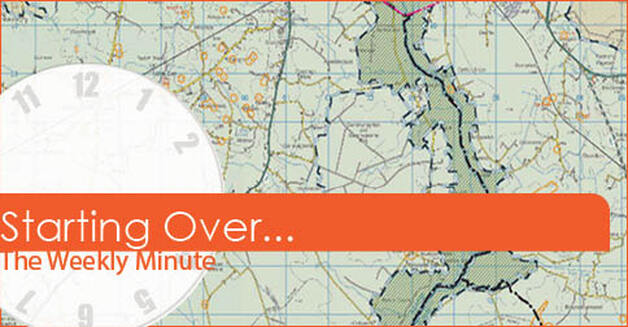
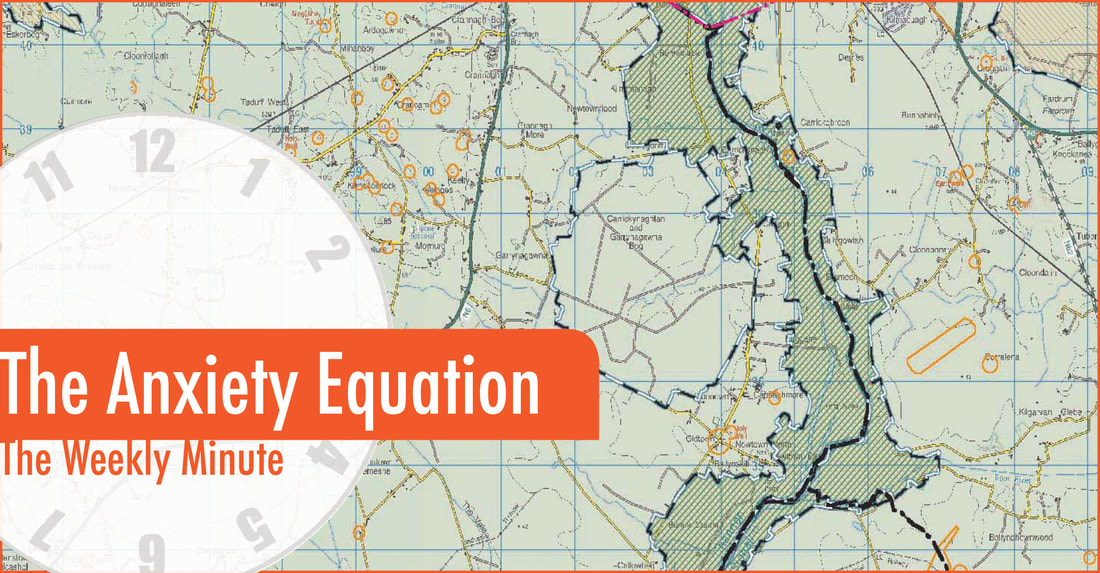
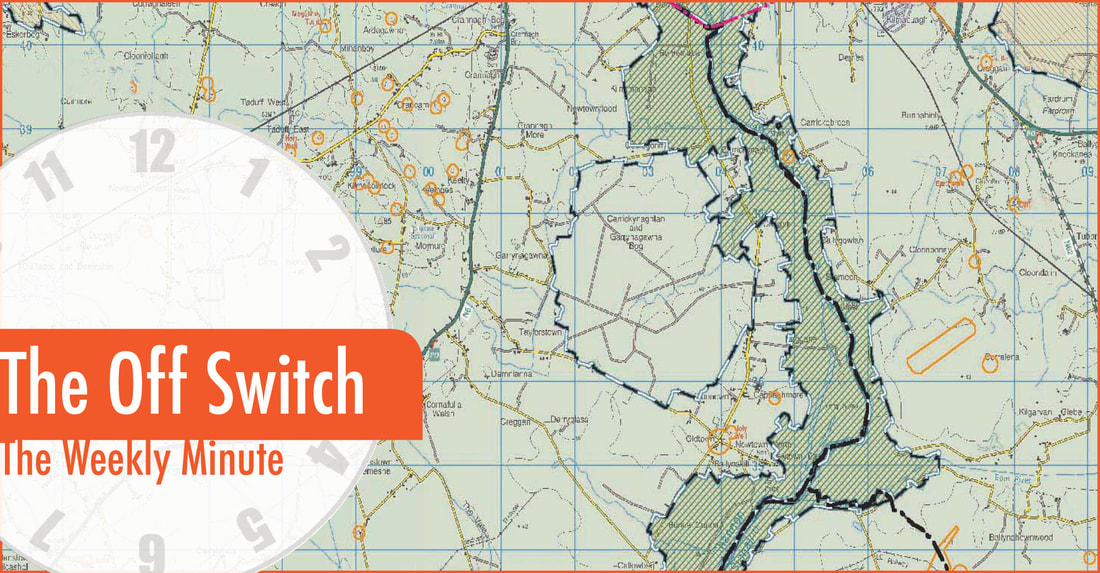
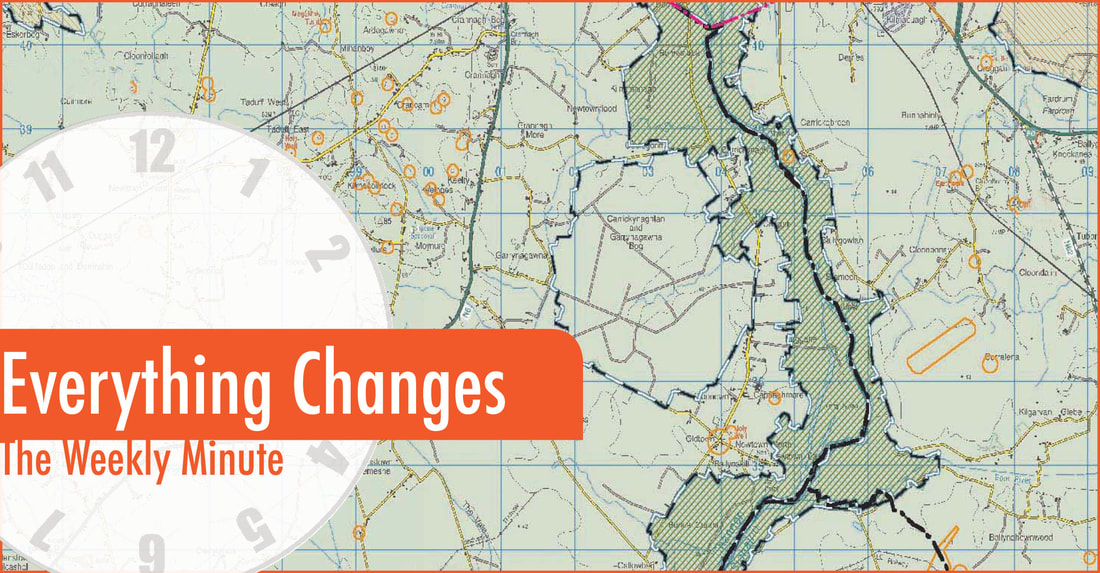
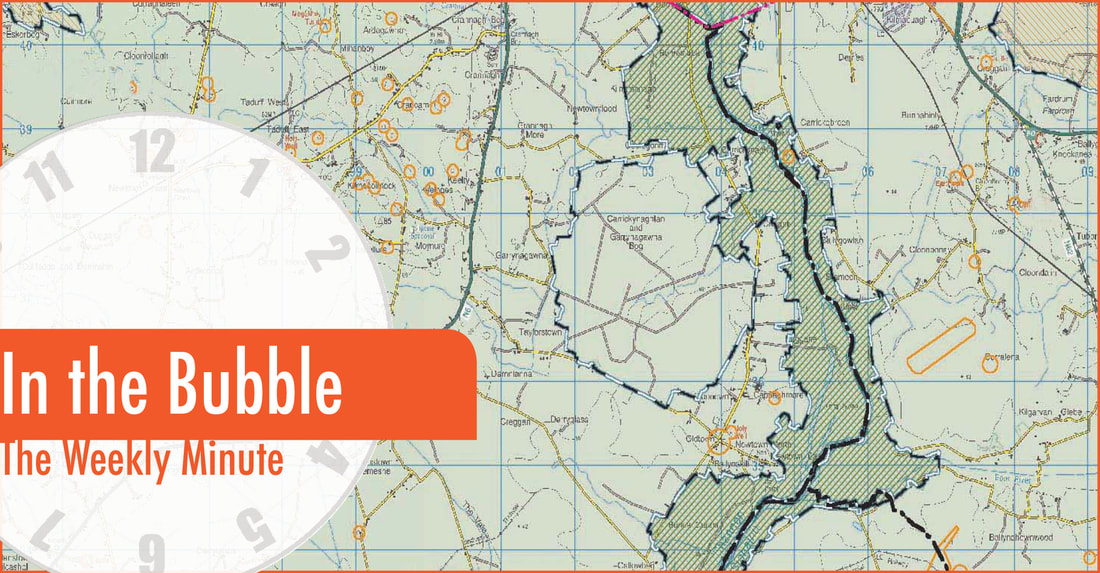

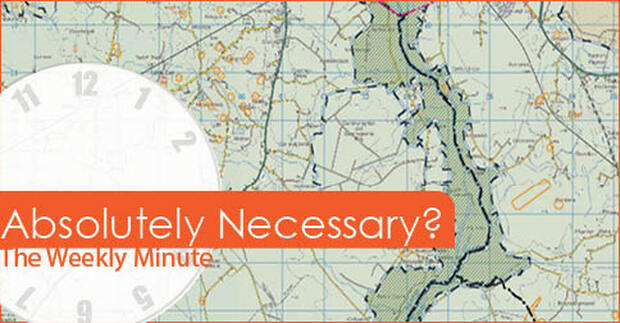
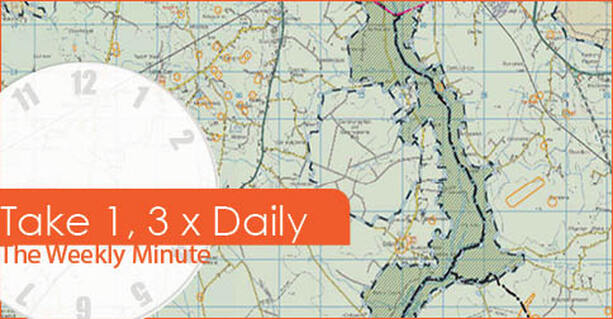
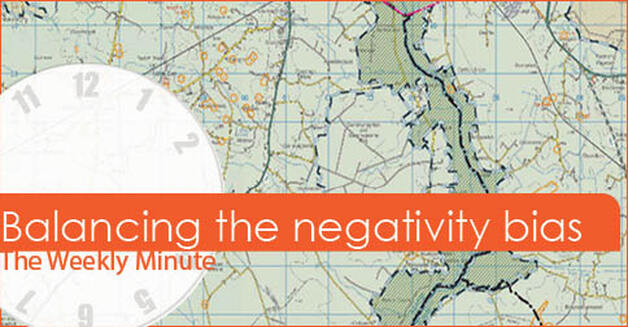
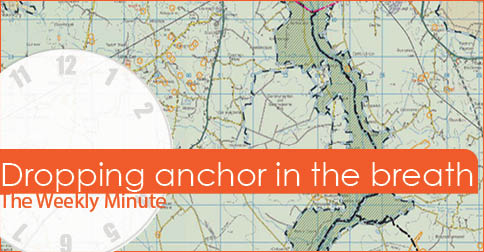
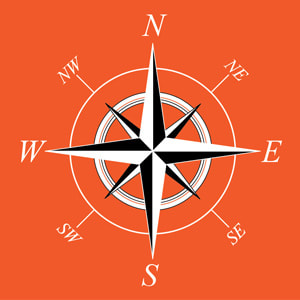
 RSS Feed
RSS Feed
